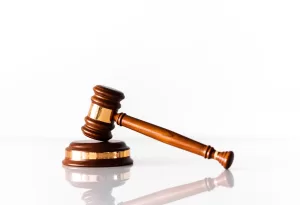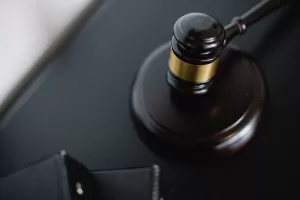The revisions to the UAE’s criminal penalties for bounced cheques due to lack of funds have necessitated the adoption of a new method for reporting such cheques. The UAE Cabinet amended several provisions of Federal Law No. 18 of 1993 (Commercial Transactions Law), including those pertaining to bounced cheques, as part of a package of legal changes last year. It went into effect on January 2 this year.
The cheque holder should first obtain a certificate of the bounced cheque from the bank to attach it to other legal documents in court.
In order to utilize it in court as an executive bond, the bank should provide a certificate of bounced cheque, including the account holder’s name, address, email, Emirates ID, and other information as they appear in the bank system.
The bank should look for additional accounts of the issuer of the bounced cheque, as well as cash and the cheque holder’s name and information.
After completing registration, the drawer of the cheque may log on to Dubai Courts’ website and use the service.
People in Dubai can obtain the cheque execution service either on the Dubai Courts website or through legal firms, according to Dubai Courts.
Documents needed
- An identification card will be required if the application is filed by an individual. A Lawyer Card will be needed if the application is submitted by a lawyer.
- The Commercial License is required if the applicant is a company or other sort of business.
- As well as a copy of the cheque and a “Cheque Return Memo” to explain why it has been returned.
- The documentation validates the purpose of the cheque’s issue.
- An affidavit certifying the truthfulness of the information provided in the cheque request, as well as the fact that no lawsuit has been filed to recover the amount specified in the bounced cheque
- After that, you must complete the return address area. The location should be completed based on where the check was cashed. It includes basic information about the parties, their addresses, and payment relief depending on the amount of the cheque.
What does it cost?
The holder of the cheque must pay two percent of the amount of the cheque or whatever amount remains if the bank paid a partial sum of what is in the account, after agreeing to the terms and paying a fee of Dh50 and Dh300 for requesting a travel ban on the issuer of the bounced cheque. The most common limit is Dh200 to Dh5,000. After that, the cheque holder will receive an executive bond and a travel ban against the issuer will be put in place.
15-day notice period
The holder of a bounced cheque may try to sell any assets or cash held by the issuer as well as put him on the wanted list to force him to pay the cheque amount after 15 days of alerting the issuer through the court.
After issuing a bounced cheque, the issuer has 15 days to pay off the court after receiving notification. A report of his money and liabilities as well as a wage certificate and a list of owned automobiles, commercial licenses, shares, and properties should be included in the settlement.





